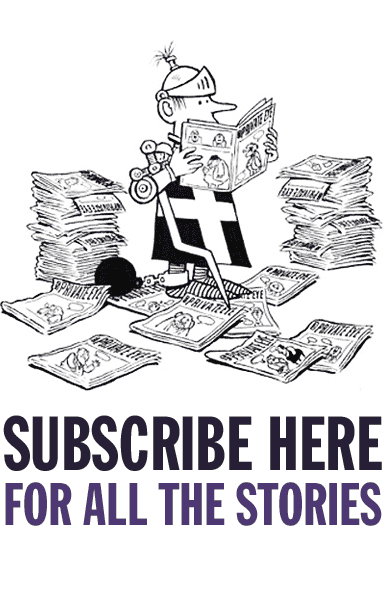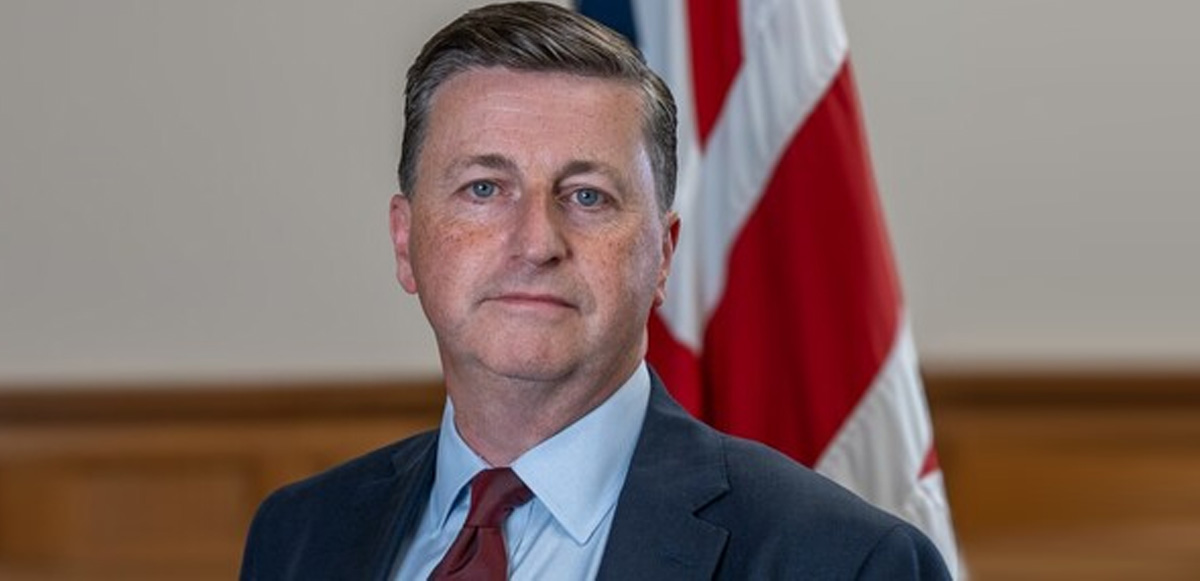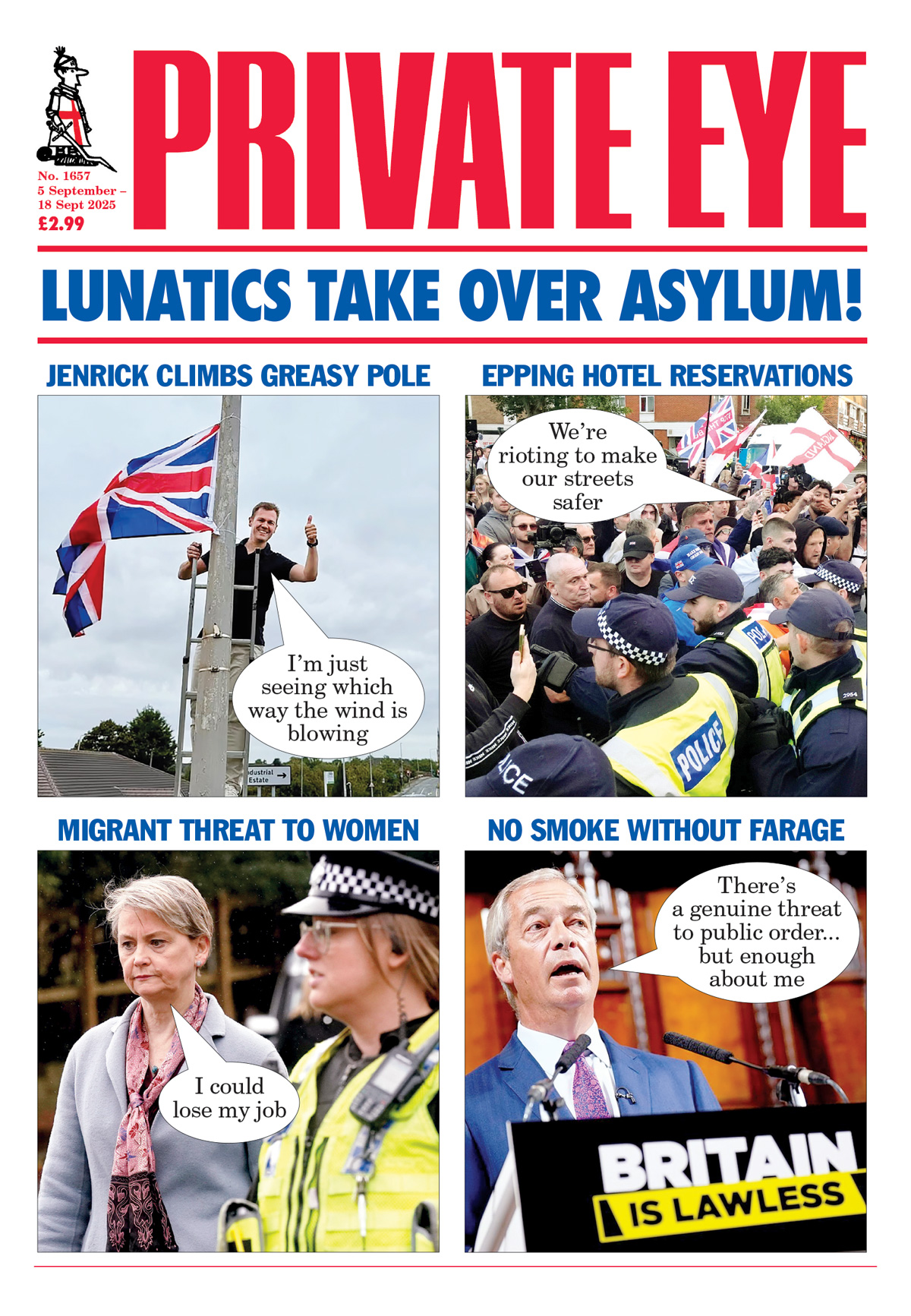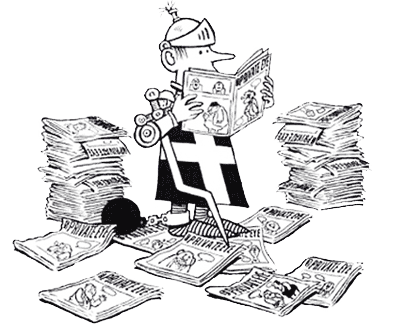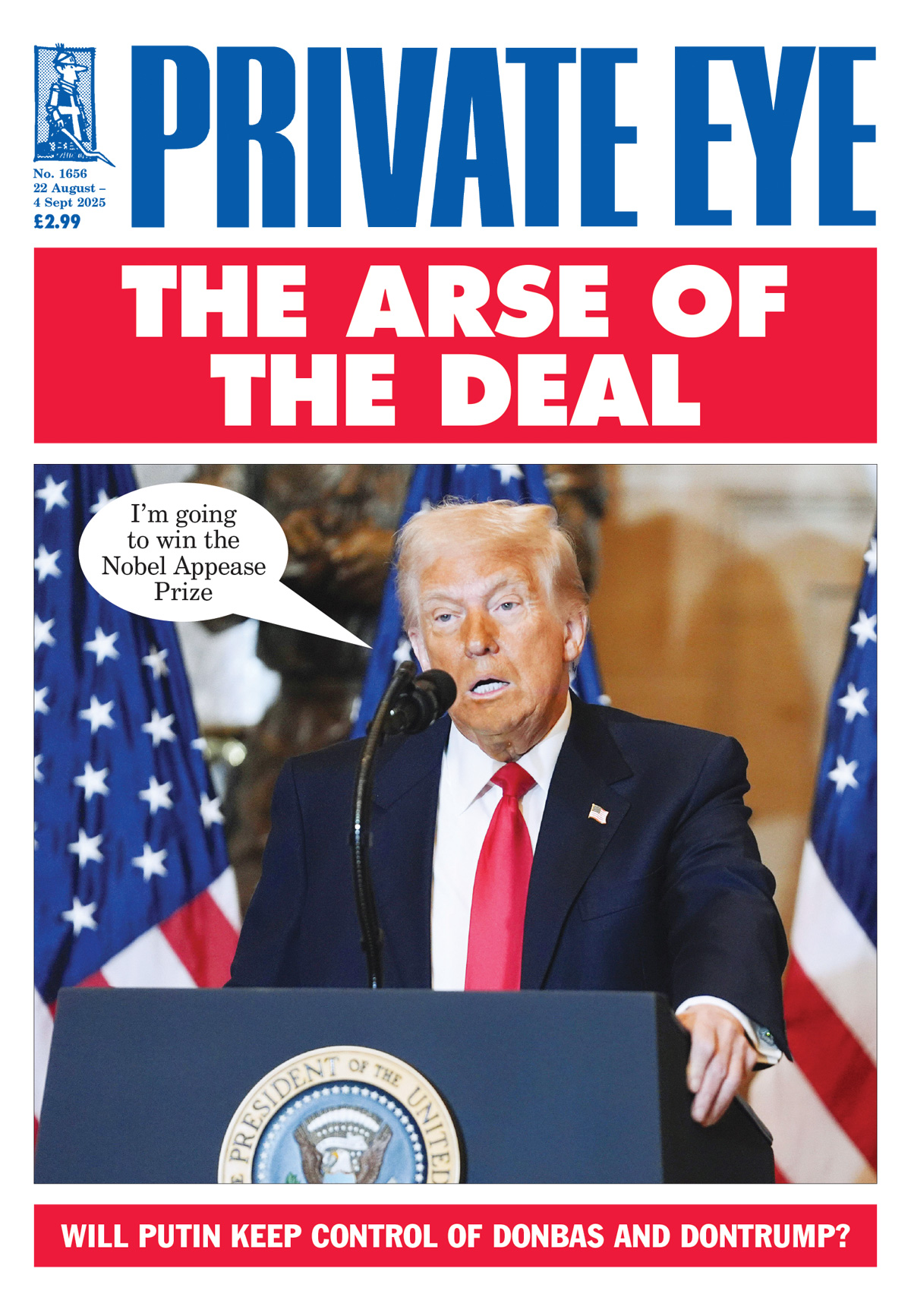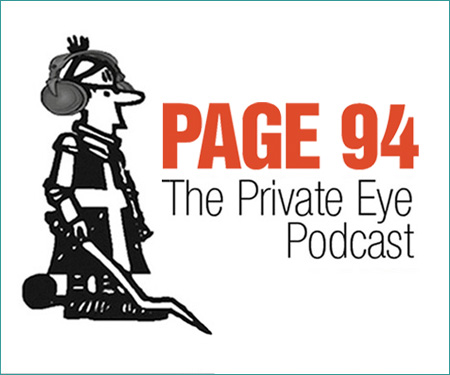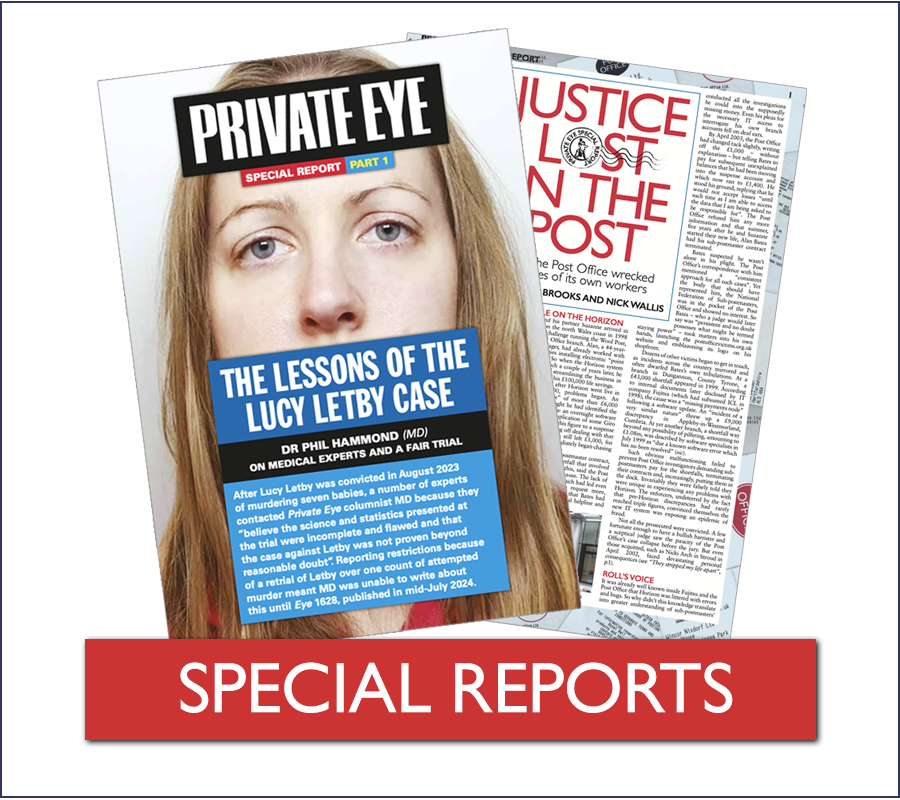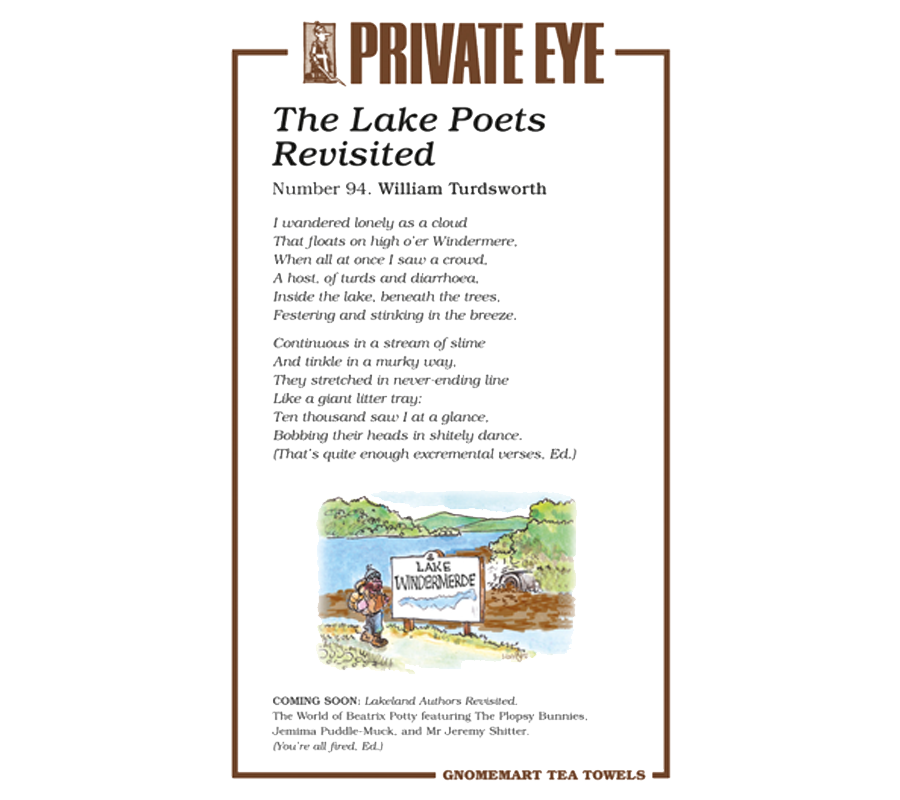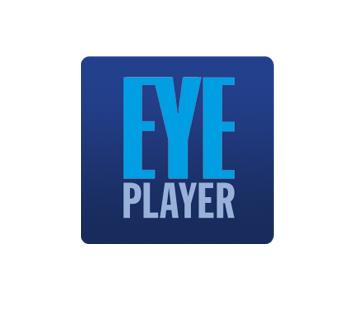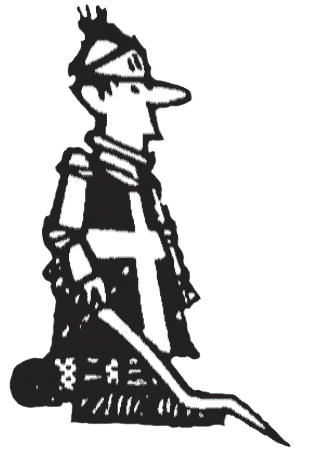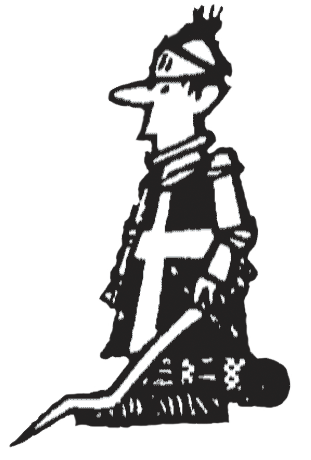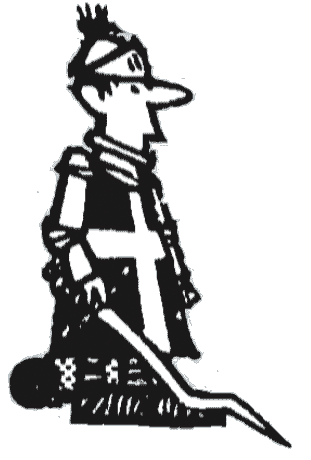
More stories in the latest issue:

PORN CRACKERS
In its zeal to brag about its snooping on failures in age-verification checks, Ofcom listed in a press release all the 34 porn websites it was investigating.
SPARKS FLY
GB News owner Paul Marshall has been betting against the success of M&S, which had stuck with his channel in the face of a campaign to boycott ads on it.
SUBSTANDARD SUBSTACK
Substack is increasingly becoming a go-to platform for extremist views, allowing newsletters with Holocaust denial and white supremacy propaganda.
EYE-SPY
Researchers from a security firm have found that genuine active UK police and government email account credentials are available for sale on the dark web.
POP EYE
The legal dispute between Drake and his record label took an unexpected turn last week involving Universal Music Group CEO Sir Lucian Grainge.
KEVIN THE TEENAGER
Lord Brennan asked about support for the live music industry in a Lords debate, days before enjoying a Glastonbury ticket provided by an industry group.

